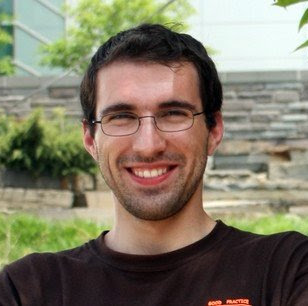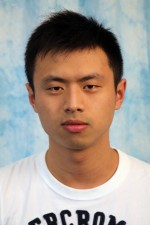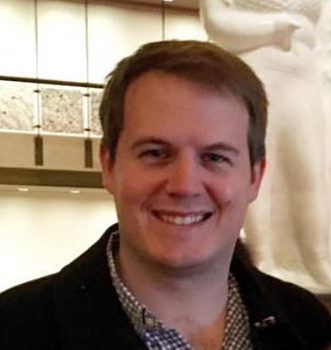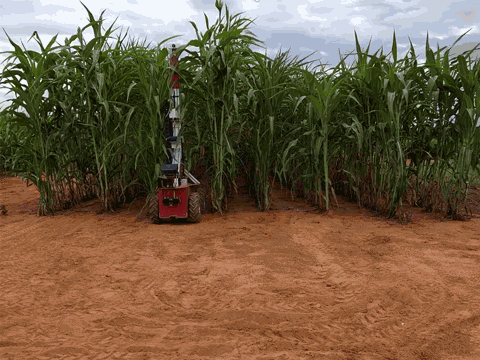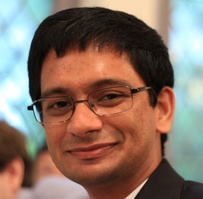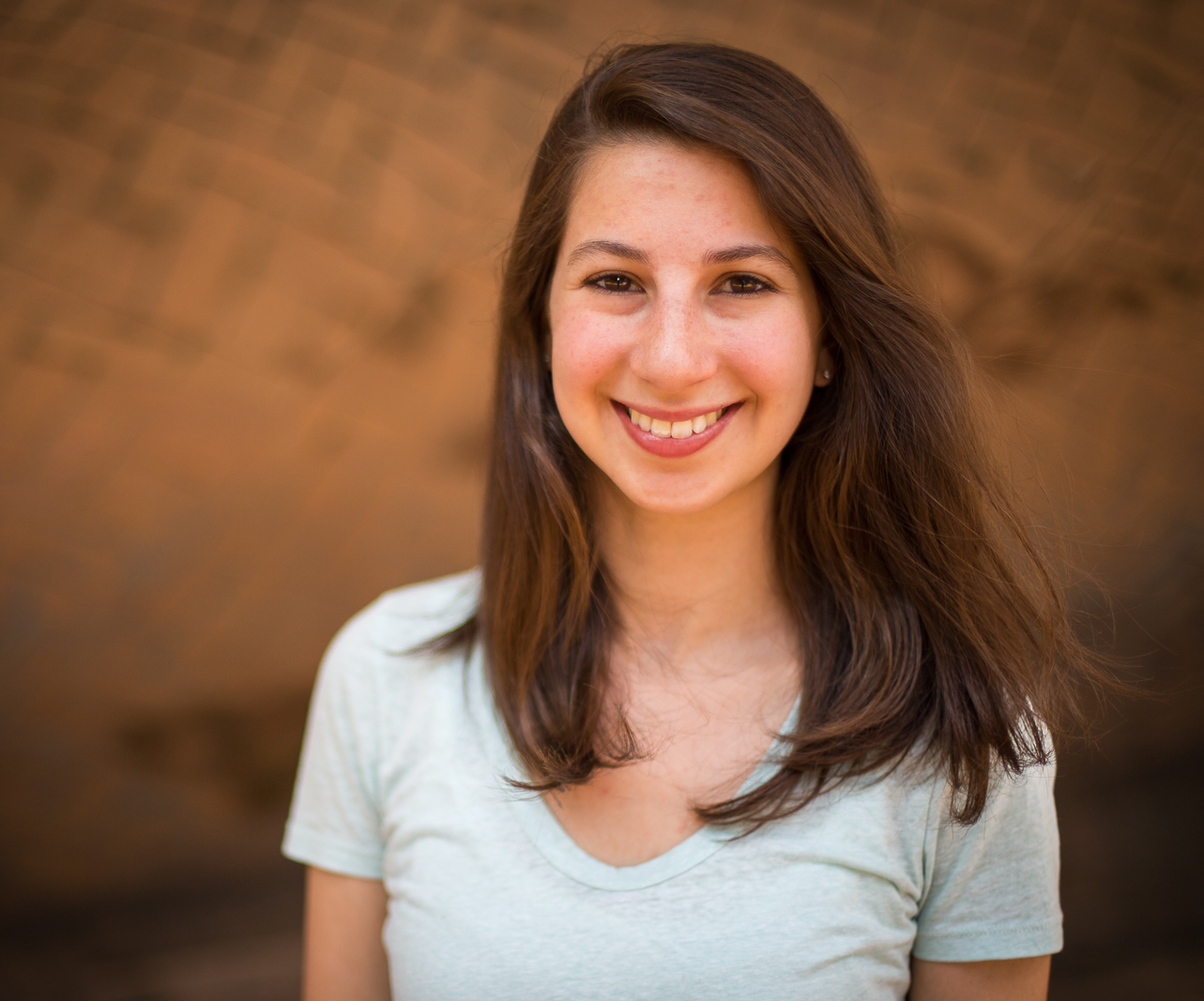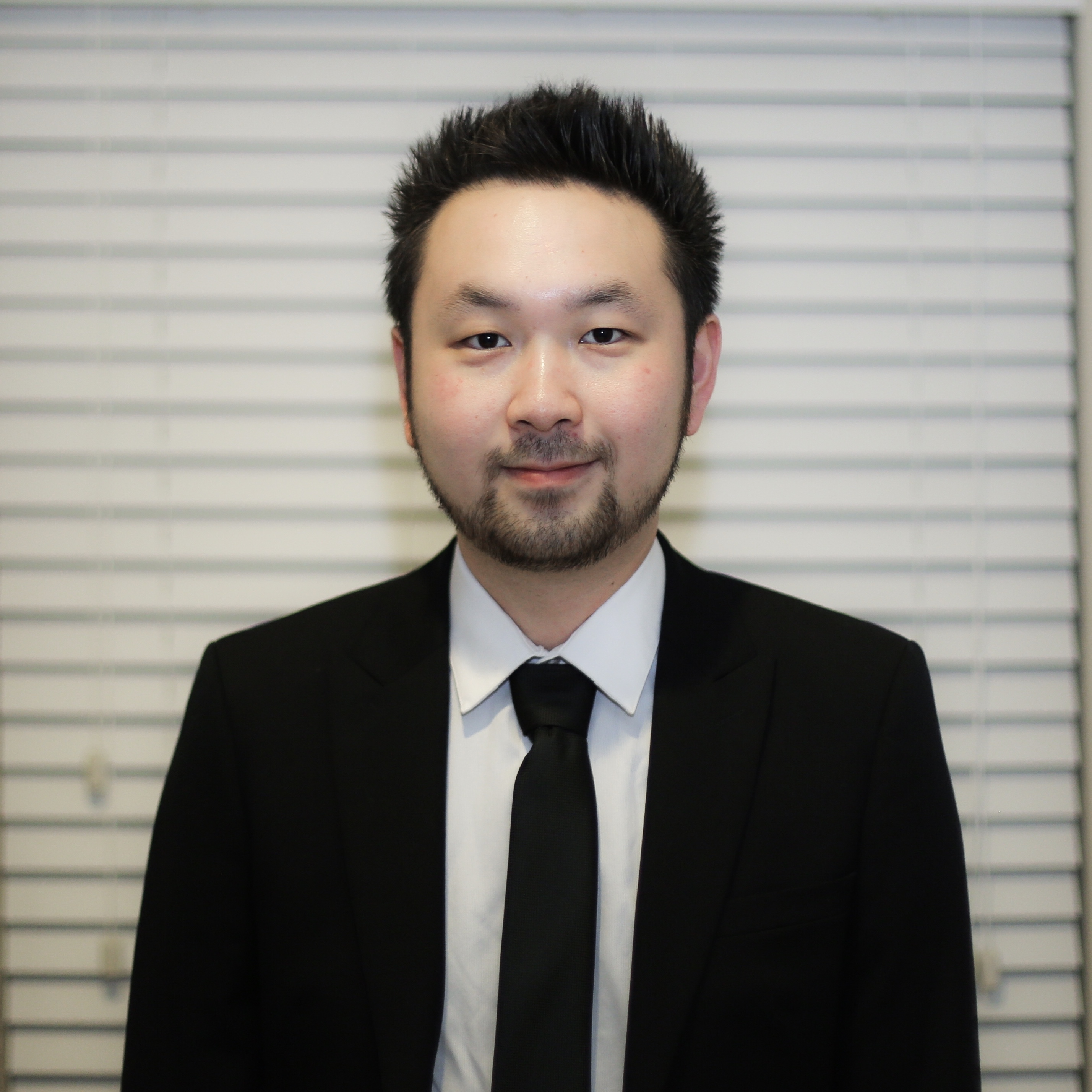Faculty Candidate: Mixed-autonomy mobility: scalable learning and optimization
Areas of Interest: Learning, optimization, and control for mixed-autonomy mobility Abstract: How will self-driving cars change urban mobility? This talk describes contributions in machine learning and optimization critical for enabling mixed-autonomy mobility, the gradual and complex integration of automated vehicles into the existing transportation system. The talk first explores and quantifies the potential impact of [...]
Faculty Candidate: Human-centric Understanding of 3D Environments
Areas of Interest: Human-centric 3D Scene Analysis, Scene synthesis for 3D content creation and learning through simulation, Data visualization Abstract: Creating 3D environments is hard. Experts spend much time and effort using complex software to create virtual 3D interiors. This 3D content creation bottleneck limits the use of virtual environments for applications in entertainment, [...]
Carnegie Mellon University
Towards Generalization and Efficiency of Reinforcement Learning
Abstract In classic supervised machine learning, a learning agent behaves as a passive observer: it receives examples from some external environment which it has no control over and then makes predictions. The predictions the agent made will not affect any future examples it will see (i.e., examples are identically and independently sampled from some unknown [...]
Faculty Candidate: Recovering a Functional and Three Dimensional Understanding of Images
Areas of Interest: 3D Vision Abstract: What does it mean to understand an image? One common answer in computer vision has been that understanding means naming things: this part of the image corresponds to a refrigerator and that to a person, for instance. While important, the ability to name is not enough: humans can effortlessly [...]
Carnegie Mellon University
AI Will Help Feed A Growing Planet
Video will be via Facebook Live on the CMU Facebook page. After the event has passed, the video will be here. By the year 2040, there will be more people on the planet than food to feed them. Researchers want to change that: a sustainable solution to the emerging world food crisis is sprouting in [...]
Special Talk: Building Robots For Long-Term Autonomy, And Keeping Them Autonomous
Abstract: We seek the ultimate goal of having self-sufficient autonomous service mobile robots working in human environments, performing tasks accurately and robustly. Successfully deploying such robots requires simultaneously addressing challenges in a number of subproblems spanning the complete perception-cognition-actuation stack. In this talk, I shall present our recent research along two broad themes: algorithms for [...]
Faculty Candidate: Katie Bouman
Areas of Interest: Computational imaging, computational photography, computer vision, image and video processing, inverse problems, machine learning Host: Srinivasa Narasimhan Admin Contact: jessb@andrew.cmu.edu
Faculty Candidate: Toward Semi-Autonomous Surgical Tasks using Continuum Robots: Modeling, Calibration, and Intelligent Assistance
Abstract: Continuum robots for surgical applications can support complex surgical tasks within deep confined spaces of the body. Such surgical paradigms often present surgeons with sensory and surgical scene interpretation challenges that diminish situational awareness. These robots can reach deep into the body, while in some scenarios, using them in a semi-automated mode of operation [...]

